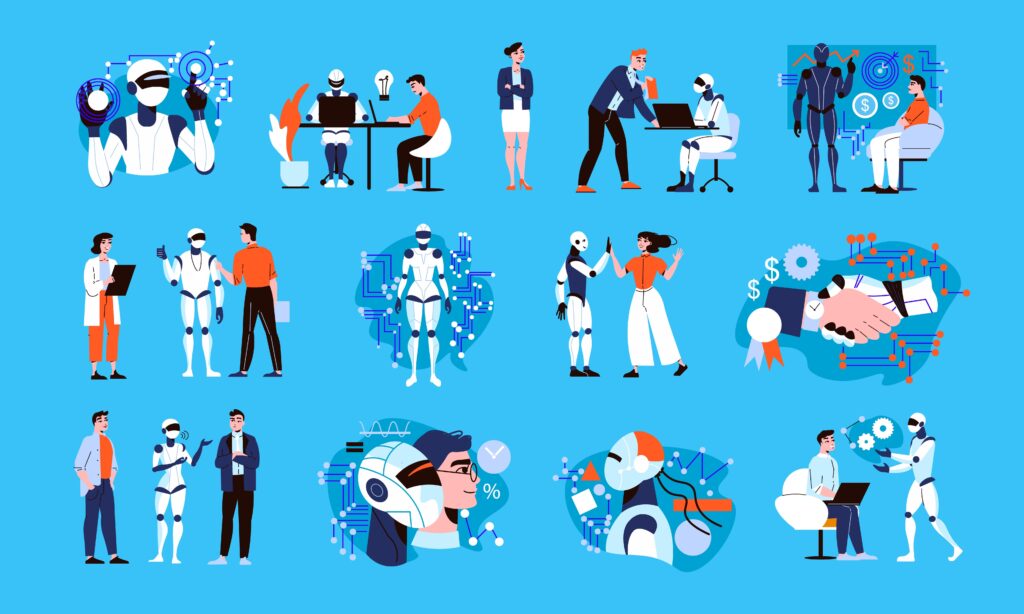Labour market remains stable despite rapid AI adoption
Three years after ChatGPT’s launch, labour market data shows no major disruption, with AI exposure trends resembling earlier technological transitions.

Surveys show persistent anxiety about AI-driven job losses. Nearly three years after ChatGPT’s launch, labour data indicate that these fears have not materialised. Researchers examined shifts in the US occupational mix since late 2022, comparing them to earlier technological transitions.
Their analysis found that shifts in job composition have been modest, resembling the gradual changes seen during the rise of computers and the internet. The overall pace of occupational change has not accelerated substantially, suggesting that widespread job losses due to AI have not yet occurred.
Industry-level data shows limited impact. High-exposure sectors, such as Information and Professional Services, have seen shifts, but many predate the introduction of ChatGPT. Overall, labour market volatility remains below the levels of historical periods of major change.
To better gauge AI’s impact, the study compared OpenAI’s exposure data with Anthropic’s usage data from Claude. The two show limited correlation, indicating that high exposure does not always imply widespread use, especially outside of software and quantitative roles.
Researchers caution that significant labour effects may take longer to emerge, as seen with past technologies. They argue that transparent, comprehensive usage data from major AI providers will be essential to monitor real impacts over time.
Would you like to learn more about AI, tech, and digital diplomacy? If so, ask our Diplo chatbot!
